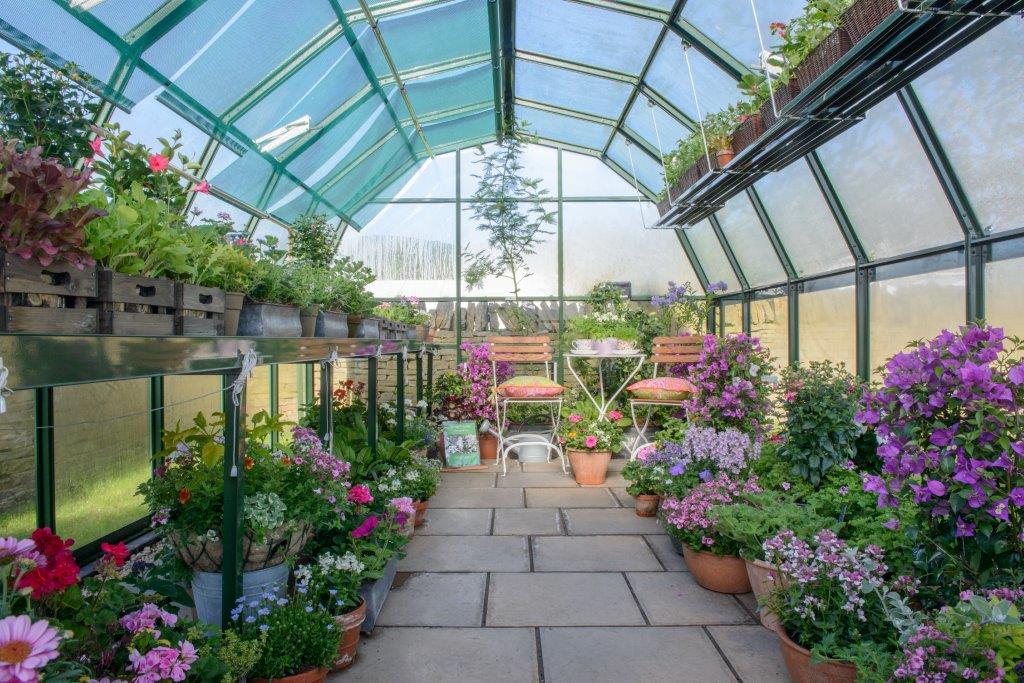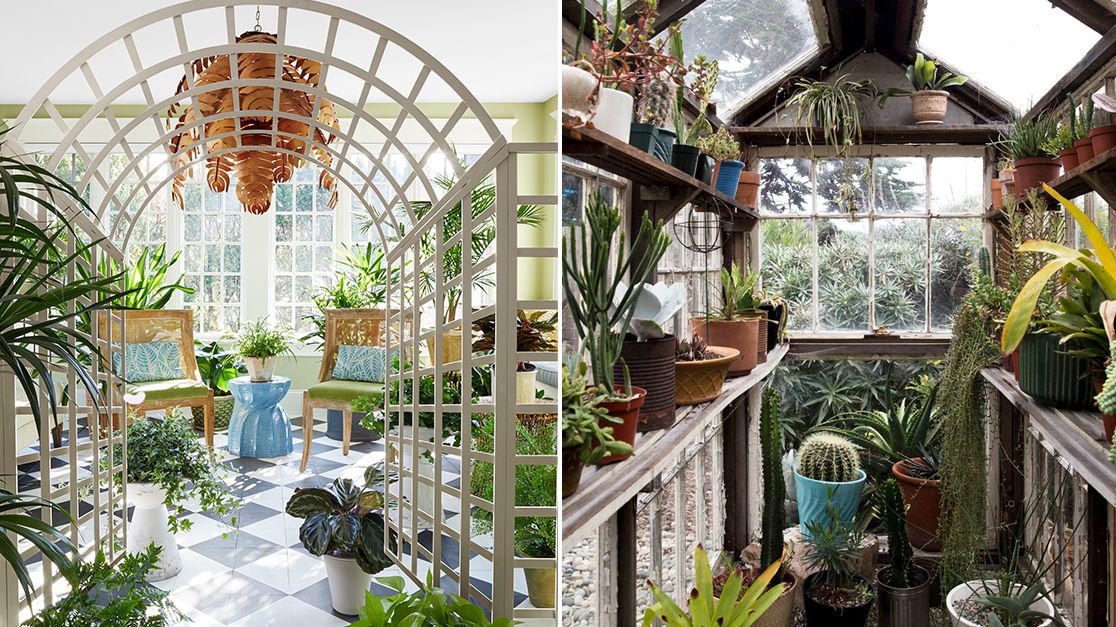Tailored to Excellence: Monarch Custom Greenhouse Utah Workmanship
Wiki Article
Greenhouse Farming: Making Best Use Of Plant Returns and Sustainability
Are you wanting to maximize your crop yields while promoting sustainability? Look no more than greenhouse farming. With managed atmospheres and lowered water use, greenhouse farming provides the excellent remedy for year-round manufacturing of fresh produce. By using the power of modern technology and sustainable methods, you can guarantee a bountiful harvest while minimizing your environmental impact. Discover the benefits of greenhouse farming and begin profiting today!Advantages of Greenhouse Farming
Are you questioning what makes greenhouse farming so useful? One of the significant benefits of greenhouse farming is the capability to regulate the environment in which crops are grown.An additional advantage of greenhouse farming is the decrease in water usage. By utilizing water much more efficiently, greenhouse farming aids to save this precious source.
In addition, greenhouse farming enables much better parasite and condition management. With the controlled environment, it is much easier to avoid and control the spread of diseases and parasites. This minimizes the demand for harmful chemicals, making greenhouse-grown crops more secure and extra eco-friendly.
Furthermore, greenhouse farming gives protection against severe weather condition occasions. Plants grown in greenhouses are secured from hefty rain, strong winds, and hailstorms, which can damage or damage exterior crops. Monarch Greenhouse Utah. This security ensures a much more trusted and stable crop yield, also throughout unforeseeable weather condition problems

Maximizing Crop Returns With Controlled Settings
To maximize plant yields in greenhouse farming, you can achieve optimum outcomes by controlling the atmosphere. By meticulously taking care of aspects such as temperature, carbon, moisture, and light dioxide degrees, you can produce the ideal conditions for your plants to flourish. Among the key advantages of greenhouse farming is the capability to regulate these ecological elements, enabling you to customize them to the certain demands of each crop. For instance, you can readjust the temperature level to promote faster development throughout the day and lower it somewhat at night to mimic natural changes. Likewise, you can regulate moisture levels to prevent illness and ensure appropriate transpiration. By providing the correct amount and high quality of light, you can expand the expanding season and boost yields. Furthermore, by controlling co2 degrees, you can enhance photosynthesis and motivate vigorous growth. By carrying out these regulated atmospheres, you can take full advantage of crop returns and accomplish constant, premium produce throughout the year.Supporting Sustainability With Greenhouse Farming
Maximize sustainability in greenhouse farming by implementing efficient resource administration strategies. One crucial facet of promoting sustainability is the administration of water use. By carrying out systems such as drip watering and recirculation, you can dramatically minimize water waste and ensure that every drop counts. Additionally, using organic and biodegradable products for insect control and fertilizing can aid reduce environmental influence. Integrated Parasite Management (IPM) methods, for instance, include using helpful bugs to control insects, reducing the need for dangerous pesticides. Power intake can be reduced by making use of renewable power sources, such as solar panels, to power greenhouse procedures. This not just lowers reliance on fossil fuels however also lowers greenhouse gas emissions. Proper waste monitoring is one more important element in promoting sustainability. Applying recycling and composting systems can minimize the quantity of waste sent out to landfills while likewise offering nutrient-rich garden compost for plant growth. Finally, integrating sustainable practices in greenhouse layout, such as utilizing energy-efficient materials and optimizing natural illumination, can better improve sustainability. By embracing these source monitoring strategies, you can contribute to a much more sustainable future in greenhouse farming.Minimizing Water Use in Greenhouse Farming
By carrying out Get More Information effective water administration techniques, you can dramatically minimize water use in greenhouse farming. Water is an important source in agriculture, and preserving it not only profits the setting however additionally aids to make best use of crop returns and profitability. One efficient approach to reduce water usage is through using drip watering systems. These systems provide water directly to the plant's origins, lessening evaporation and making certain that every decline is made use of efficiently. Additionally, tracking and regulating the moisture levels inside the greenhouse can protect against unneeded water loss. By using sensors and automated systems, you can adjust the air flow and irrigation appropriately, maximizing water usage based on the particular needs of your crops. One more strategy is to recycle and record rainwater. Accumulating rain from the greenhouse roof and saving it in tanks enables you to supplement your irrigation needs without counting entirely on freshwater resources. Additionally, executing mulching strategies can aid maintain dirt dampness, decreasing the regularity of irrigation. Mulch work as a barrier, preventing water evaporation and maintaining the dirt cool and moist. By embracing these water-saving methods, you can decrease water waste, save sources, and produce an extra sustainable future for greenhouse farming.Year-Round Production of Fresh Generate in Greenhouses
You can attain year-round manufacturing of fresh produce in greenhouses by carrying out effective farming strategies. Greenhouses give a controlled setting that permits you to grow crops no matter the outside weather. One essential technique for year-round production is using fabricated lights. By supplementing natural sunshine with fabricated light, you can expand the growing period and ensure constant growth throughout the year. LED lights are frequently made use of in greenhouses since they are energy-efficient and supply the right range of light for plant growth. In addition, appropriate temperature control is important for year-round production. Greenhouses can be furnished with heating and cooling systems to preserve ideal temperatures for different crops. This navigate to this website makes sure that plants can prosper even throughout the colder months. Another crucial aspect is watering. By utilizing sophisticated irrigation systems such as drip watering or hydroponics, you can efficiently provide water to your plants while decreasing waste. It is necessary to routinely check and manage illness and pests. Carrying out integrated pest administration methods and exercising excellent health will aid protect your crops and keep their health throughout the year. By implementing these methods, you can optimize the productivity of your greenhouse and take pleasure in a consistent supply of fresh produce all year long.
Conclusion
In final thought, greenhouse farming offers numerous advantages for making the most of crop yields and advertising sustainability. Furthermore, greenhouse farming permits for minimized water use, making it an eco friendly selection.One of the significant advantages of greenhouse farming is the capability to manage the atmosphere in which crops are grown.To maximize crop yields in greenhouse farming, you can attain optimum outcomes by managing the atmosphere. One of the crucial advantages of greenhouse farming is the capacity to manage these environmental aspects, allowing you to customize them to the specific needs of each crop.By executing reliable water management strategies, you can considerably minimize water usage continue reading this in greenhouse farming.In conclusion, greenhouse farming supplies countless advantages for taking full advantage of plant yields and promoting sustainability.
Report this wiki page